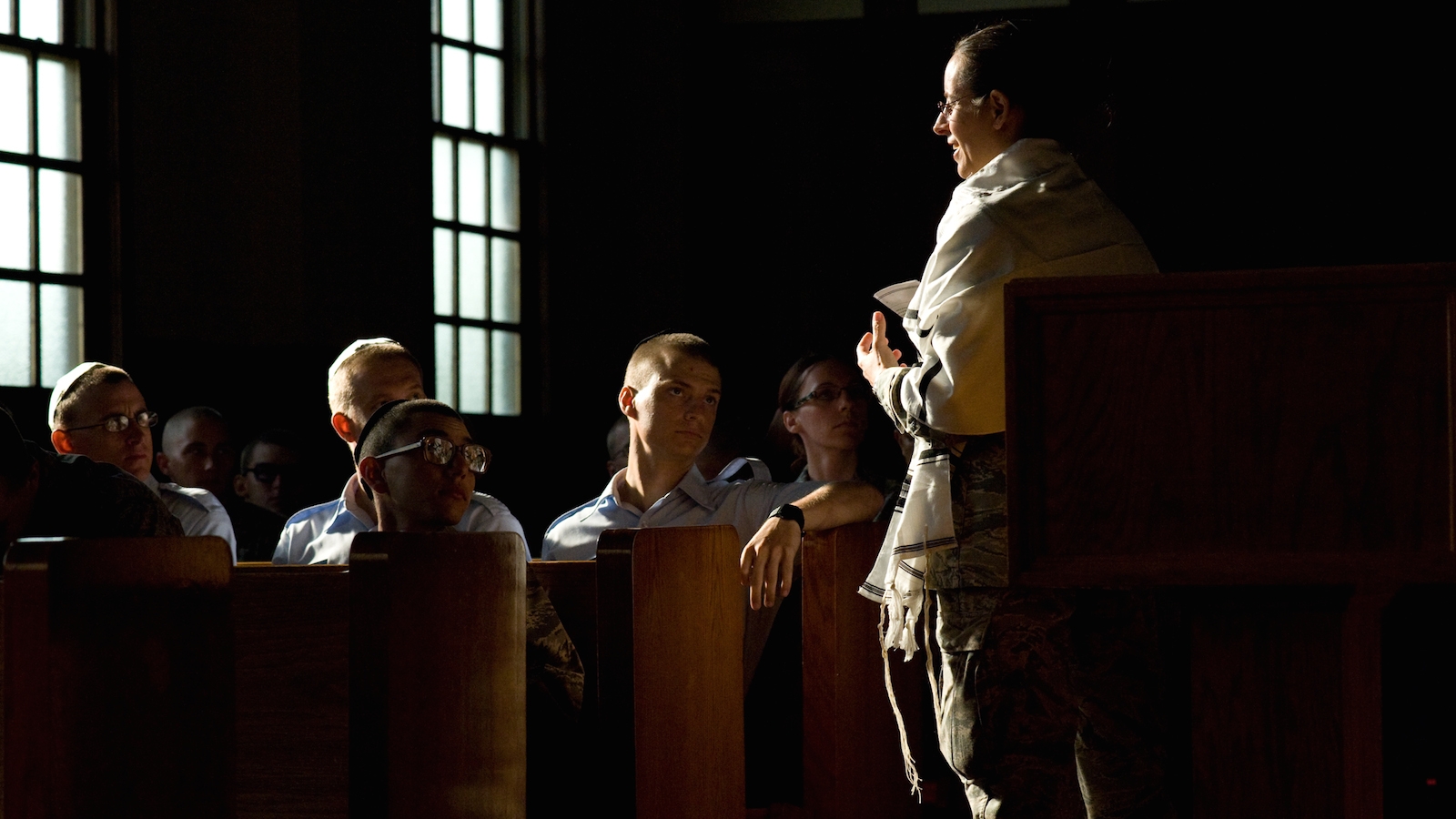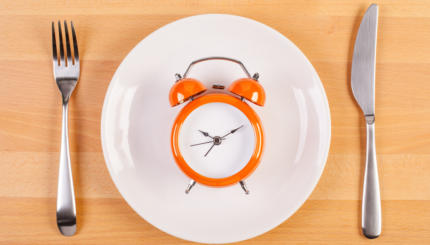“… but Rabbi, even if I can read some of the prayers I still don’t understand what I’m saying… To tell you the truth I’d rather take a quiet reflective walk in the park this year than spend all that time in synagogue saying a bunch of words that don‘t really mean so much to me anyway…”
Prayer is meant to be a powerful, relevant and meaningful experience. Here are a few ideas to keep in mind this year that should help to make the services as personally uplifting as possible.
1) Five minutes of prayer said with understanding, feeling, and a personal connection to the words and their significance means far more than five hours of lip service.
2) “Unfulfilled expectations lead to self-imposed frustrations.” Therefore, don’t expect to be “moved” by every prayer or to follow along with the entire service.
With your help, My Jewish Learning can provide endless opportunities for learning, connection and discovery.
3) Read through the prayers and slowly think about what you’re saying and don’t be overly concerned about being behind. Look, the worst that could happen is that you will fall behind, but don’t worry, they’ll probably announce the pages so you can always catch up.
4) If a particular sentence or paragraph touches you–linger a while. Say the words over and over to yourself. Softly but audible to your ear. Allow those words to touch you. Feel them. And, if you’re really brave, then close your eyes and say those words over and over for a couple of moments.
5) You’re not that proficient in Hebrew? Don’t worry, G-d understands whatever language you speak. And, like a loving parent, He can discern what’s in your heart even if you can’t quite express it the way you would like.
6) As you sit in your synagogue on Rosh Hashanah and Yom Kippur you are joined by millions of Jews in synagogues all over the world. You are a Jew and you are making a powerful statement about your commitment to Judaism and the Jewish people.
Reprinted with permission from Rosh Hashanah Yom Kippur Survival Kit (Leviathan Press).
Rosh Hashanah
Pronounced: roshe hah-SHAH-nah, also roshe ha-shah-NAH, Origin: Hebrew, the Jewish new year.
Yom Kippur
Pronounced: yohm KIPP-er, also yohm kee-PORE, Origin: Hebrew, The Day of Atonement, the holiest day on the Jewish calendar and, with Rosh Hashanah, one of the High Holidays.



